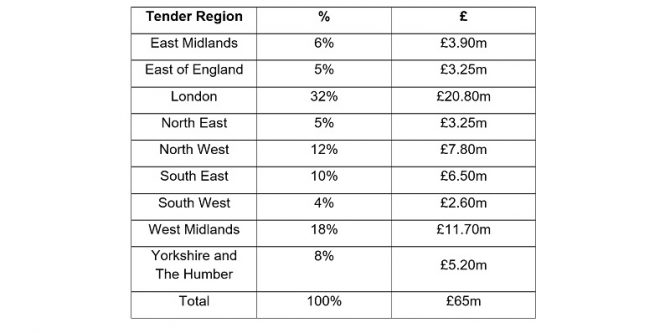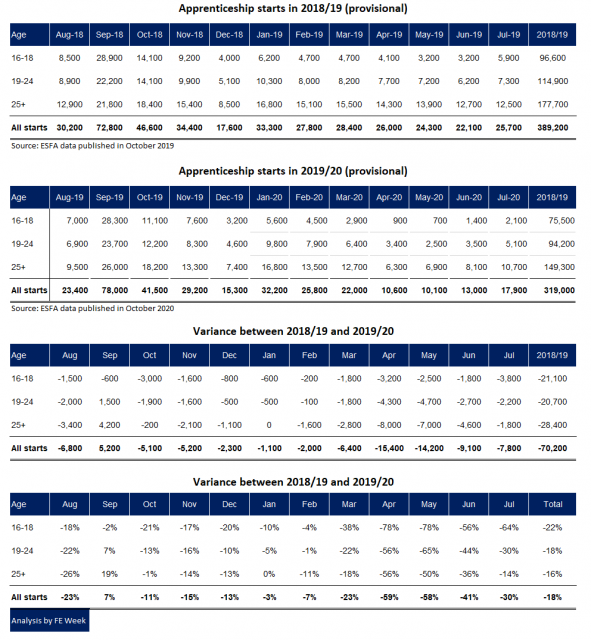Established for over 11 years, IPS Ltd has provided tailored integrated solutions for a range of industry sectors including Further Education.
Our technology has enabled FE to support Safeguarding policies and procedures, minimise the workload of college staff, especially those who work in Reception, IT, Estates, Student Services, MIS, Finance and even teaching staff.
Robert Powell, Managing Director of IPS Ltd said “I, like you, value the face-to-face delivery of courses and the teaching methodology that you employ, to see students succeed and often excel, even sometimes in impossible circumstances.
To complement the teaching practices that you deliver, our systems enable students to get what you need, without effort, during their journey through college.
We have worked heavily with contactless ID cards, which of course, removes cash handling. We have already developed self-service kiosks, that uses facial recognition, so staff and students can reset passwords or print replacement cards. We can create and delete user accounts as an automatic process for door systems, computer systems, payment systems and our register management system that applies live register marks against MIS systems.”
The methodology of IPS Ltd is to create systems, not for the sake of doing so, but to listen to our FE customers to gain an understanding of what they need from our software and work with them to design and produce efficient and effective systems that are going to enable them to move their technologies into the 21st Century.
Our development team are continually working to improve our systems and to create new ones. Providing FREE upgrades to our current customers and making them aware of the new systems, including: –
i-Asset an asset management system that allows you to manage your resources by utilising tracking by rfid tags to identify what assets you currently have, where they are, what resources are booked out, and what should have been returned.
i-Go our brand-new GPS coach system that enables you to safeguard your students whilst they are travelling to and from college premises. It makes sure that they are on the correct coach and identifies when they have got off, meaning that you are extending your track and trace operations.
See for yourself
On Thursday 22nd October 2020, IPS Ltd is holding a webinar and we would be delighted if you could attend. This webinar has been created to enable you to understand the benefits of our systems for FE; how they can improve your technology and to give you the opportunity to speak with our current customers.

To find out more about our webinar and to reserve places for you and your colleagues, click here.
See what our customers say
We have already said that we listen to our customers and value their feedback, now you can see what Hugh Baird College, North Kent College and Windsor Forest Colleges Group say about IPS Ltd and the systems that they have in place.

Hugh Baird College is a college and university centre situated in Liverpool, Merseyside. Comprising of four campuses, it is one of the largest providers of education and training in the area.
John Billington, Director of Faculties and Technical Services said “We have been using a range of IPS Ltd systems for over two years now. They consist of i-Card, i-Pay, i-Access, i-Kiosk and i-Till.
The systems have been integrated to our MIS system, Pro Solution, so that they extract the data from it. Our MIS system is now heart of the College.
The benefits from this has meant that no person is able to enter College premises without being on a current course, meaning they will not be able to access the college building if their course date has expired or they have previously withdrawn from the course.
As all the IPS Ltd systems are synchronised with each other, our students receive a variety of key benefits in using these systems. They can top-up their ID Cards to pay for items in the catering outlets, either online or using our facial recognition kiosks and can even use their ID Cards in the College libraries.
Having self-service systems in place has meant that queue time is reduced for a range of departments, including; catering, reception and student services, meaning with the current pandemic there is no need for large amounts of students to be in one area.
Our staff find them easy to use and they can function around the systems in no time at all. Catering Managers are able to add on new items and meal deals without having to be at a till; the till Operators are able serve the customers and see what money they have on their ID Cards and also see their photo to ensure that the right person is using the right card. Most importantly our Finance department can see the overview of all revenue and individual reports for our catering departments, our external catering outlets and even our kiosks.
For my own perspective I have been heavily involved with many IPS Ltd activities, from being a guest speaker at their User Groups and showcasing the IPS Ltd products to representatives from other colleges.
Overall, IPS Ltd continues to provide our college with new innovative technology to enforce our policies and procedures to a much stronger level, giving us the reassurance and confidence to be able to focus our attentions at a higher level of capability.”

North Kent College has been using the IPS Ltd systems for many years.
North Kent College on 15th August 2020, formally agreed to the transfer of Hadlow College and the Tonbridge Campus of West Kent and Ashford College, and as a result the wider College family have all now been assigned the IPS Ltd systems.
Sean McCormick, Executive Director of Facilities and Resources said “The IPS Ltd systems are streamlined; providing us with an automated process through the i-Card system. The products are used for a wide range of departments and processes, these include enrolment, catering, security and finance.
We have gained many advantages with the IPS Ltd systems, they are flexible, scalable, modern and web-based, meaning that the software is available everywhere and as a manager I don’t need to be at a desk to look at information or reports, which is an effective and well received change.
With the help of these systems, we make sure that our enrolment process is smooth and efficient for our four sites. We make sure that new students are enrolled in a short space of time and they receive their ID Card before they leave.
As part of the enrolment process new students can apply for Free School Meals (FSM). Once the College has acknowledged that they are eligible; the IPS systems automatically provides payments that go directly onto their cards so that they can pay for food at our catering outlets, I have never found another company who is able to achieve this.
Our student perspective, it’s all about getting into the College. Some of our sites have turnstiles and a student can scan their ID Card against them to allow access. We can get a bus load of students through them in no time at all and at the same time the system is able to check if students are not withdrawn or the course date hasn’t expired, meaning that we can keep our student safe and we can see who is onsite, who has used our catering outlets, libraries and even buses.
Overall, the simplistic systems are easy to use, the IPS Ltd staff are friendly and the support we receive is second to none.”

The Windsor Forest Colleges Group has been an IPS Ltd customer for many years. They have used a range of our systems, including; i-Card, i-Till and i-Access.
Group Director of Information and Business Systems for the group, Roberts Disbury-Mockett said, “We have a strong relationship with IPS Ltd and provide feedback to them on their products which they take into consideration when they come to develop their systems, we then reap the benefits with FREE system upgrades.
I have personally attended their Customer User Groups which are tailored for customers to provide their opinions and IPS Ltd invite guest speakers who have an FE background to speak on behalf of the attendees.
Out of all the systems, my preference is the i-Card system because of its flexibility. The opportunities with it mean that it is not just a standard card-based system. It is web-based and works with network printers, meaning that it is easy to use, and we can send prints directly to the nearest printer.
It also facilitates bulk printing, which we use during our enrolments, helping to reduce processing times. This year we were able to print off between 800 to 1000 ID Cards per day, sorting both by course and alphabetical by surname. All we need to do is monitor it and top-up the cards when needed, meaning that a staff member could continue to do their day-to-day work at the same time.
The reports that we receive from i-Till are also extremely beneficial, we see an overview revenue figure and an individual report for our online shop, external catering company and a college catering department.
IPS Ltd can easily integrate into FE systems and we provide them with an SQL link table, then they can use it in a variety of ways, including automating student bursary payments. This means we can ensure students who are eligible for bursaries can purchase food while on the College premises and they are topped straight onto the student’s ID Cards. Not only does this automation reduce staff workloads, it also supports our equality and diversity policy, because all our students use their ID Cards to pay for purchases, but there is also no way of identifying any difference.
From a student perspective, it’s all about getting into college. Some of our sites have turnstiles and a student can scan their ID Cards against them to allow them access. We can easily get students through them in no time at all and at the same time the system is able to check if students are not withdrawn or the course date hasn’t expired, meaning that we can keep our students safe and we know who is onsite.
Overall, the systems are easy to use, give a positive experience to our students and help us to implement our Safeguarding Policies.”
IPS Ltd does not just value our systems and what they do for FE, we continually ensure that our service is covered through a variety of avenues, as a customer you receive: –
- An Account Manager who contacts and visits you regularly.
- A Prince2 certified Operations Team that provides regular updates during any installation process.
- Our Support Team who you can speak directly to.
- Login and password for our Customer Portal
You also receive regular emails and newsletters to keep you on track with new software and new system update opportunities.
If you would like to talk us about any of our software you can contact us 01202 006 677, or you can take a look at our website www.ips.software








